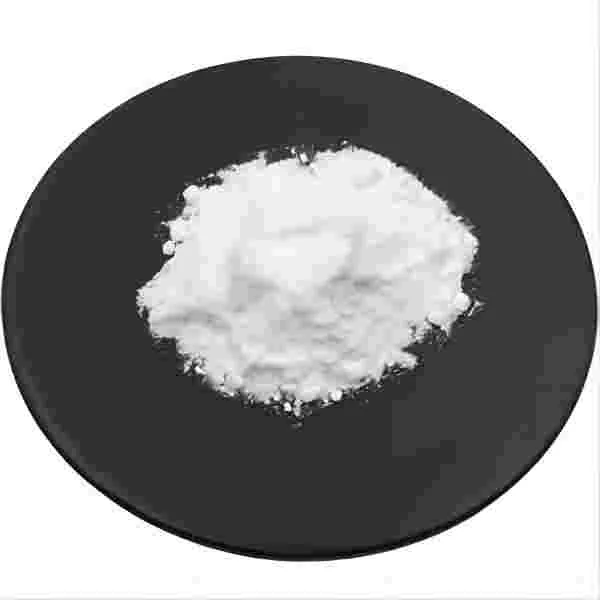
دسمبر . 09, 2024 17:34 Back to list
Effective Use of Mesotrione for Enhanced Weed Control in Agriculture
Understanding Mesotrione An Overview of its Applications and Benefits
Mesotrione is a selective herbicide that has gained prominence in agricultural practices due to its effectiveness in controlling a wide range of broadleaf weeds and grassy weeds. Developed by the agricultural giant Syngenta, this chemical compound has become a staple in many crop production systems, notably in corn and other cereal grains. This article delves into the characteristics, application, benefits, and environmental considerations of mesotrione.
Characteristics of Mesotrione
Mesotrione belongs to a class of herbicides known as triketones, which work by inhibiting the enzyme 4-hydroxyphenylpyruvate dioxygenase (HPPD). This inhibition interferes with the plant's ability to produce certain carotenoids, ultimately leading to the plant's death. Mesotrione is particularly effective against broadleaf weeds such as purslane, lambsquarters, and pigweed, as well as some grasses. Its selective action allows farmers to target problematic weeds without harming the crop, making it an invaluable tool for managing weed populations.
Application Methods
The application of mesotrione is commonly integrated into various weed management programs. It can be applied pre-emergence, post-emergence, or as part of a tank mix with other herbicides to enhance effectiveness. This flexibility allows farmers to tailor their weed management strategies to specific field conditions and weed pressures. Timing is critical; for example, pre-emergence applications must occur before weed germination to prevent them from establishing, while post-emergence applications target actively growing weeds.
Farmers typically use mesotrione in combination with other agronomic practices, such as crop rotation and cover cropping, to enhance its efficacy and reduce the likelihood of resistance development. Additionally, mesotrione can be used in conservation tillage systems, contributing to sustainable farming practices by minimizing soil disturbance.
Benefits of Mesotrione
mesotrione product

One of the primary benefits of mesotrione is its high efficacy against a diverse range of weeds, enabling crops to thrive by reducing competition for resources such as light, water, and nutrients. This selective pressure allows for higher crop yields and improved quality, benefiting both farmers and consumers.
Another significant advantage of mesotrione is its relatively low toxicity to non-target organisms, including beneficial insects and pollinators. When used according to label instructions, mesotrione poses minimal risks to the environment, which is particularly important in an age where sustainable agricultural practices are increasingly prioritized.
Mesotrione is also valuable in integrated pest management (IPM) programs. By rotating mesotrione with other herbicides that have different modes of action, farmers can mitigate the development of herbicide-resistant weed populations. This is critical for maintaining the effectiveness of chemical controls and prolonging the lifespan of various herbicide products.
Environmental Considerations
While mesotrione is generally considered safe when used as directed, like all chemical products, it requires responsible handling and application. Farmers are encouraged to follow environmental stewardship practices, such as buffer zones near water bodies and proper calibration of application equipment, to minimize potential off-target movement and environmental contamination.
Research is ongoing to assess the long-term environmental impacts of mesotrione use. Studies have indicated that mesotrione poses less risk to aquatic ecosystems compared to some other herbicides, but monitoring and responsible use remain essential components of its application.
Conclusion
Mesotrione is a powerful tool in the arsenal of modern agriculture, offering effective weed management while supporting sustainable farming practices. Its selective nature, coupled with low toxicity to non-target organisms, positions mesotrione as an integral part of integrated weed management strategies. As with any agricultural chemical, responsible use and ongoing research are vital to maximizing its benefits while mitigating any potential risks. Ultimately, mesotrione's role in enhancing crop productivity and supporting environmental health underscores its significance in contemporary agriculture.
-
Dragon Insecticide – Powerful Pest Control Solution Dragon Super Insecticide & Fumigant Insecticide
NewsJul.06,2025
-
Demon Max Insecticide – Powerful Pest Control Solution for Homes & Lawns
NewsJul.06,2025
-
EPA Approved Fungicide for Artillery Fungus - Fast Acting & Safe Solution
NewsJul.05,2025
-
Elite Selective Herbicide Price & Features Cost-Effective Weed Control
NewsJul.05,2025
-
TZone SE Herbicide - Powerful Selective Weed Control Solution for Lawns
NewsJul.05,2025
-
Emamectin Benzoate Insecticide - High-Efficiency Pest Control Solution for Crops
NewsJul.04,2025
